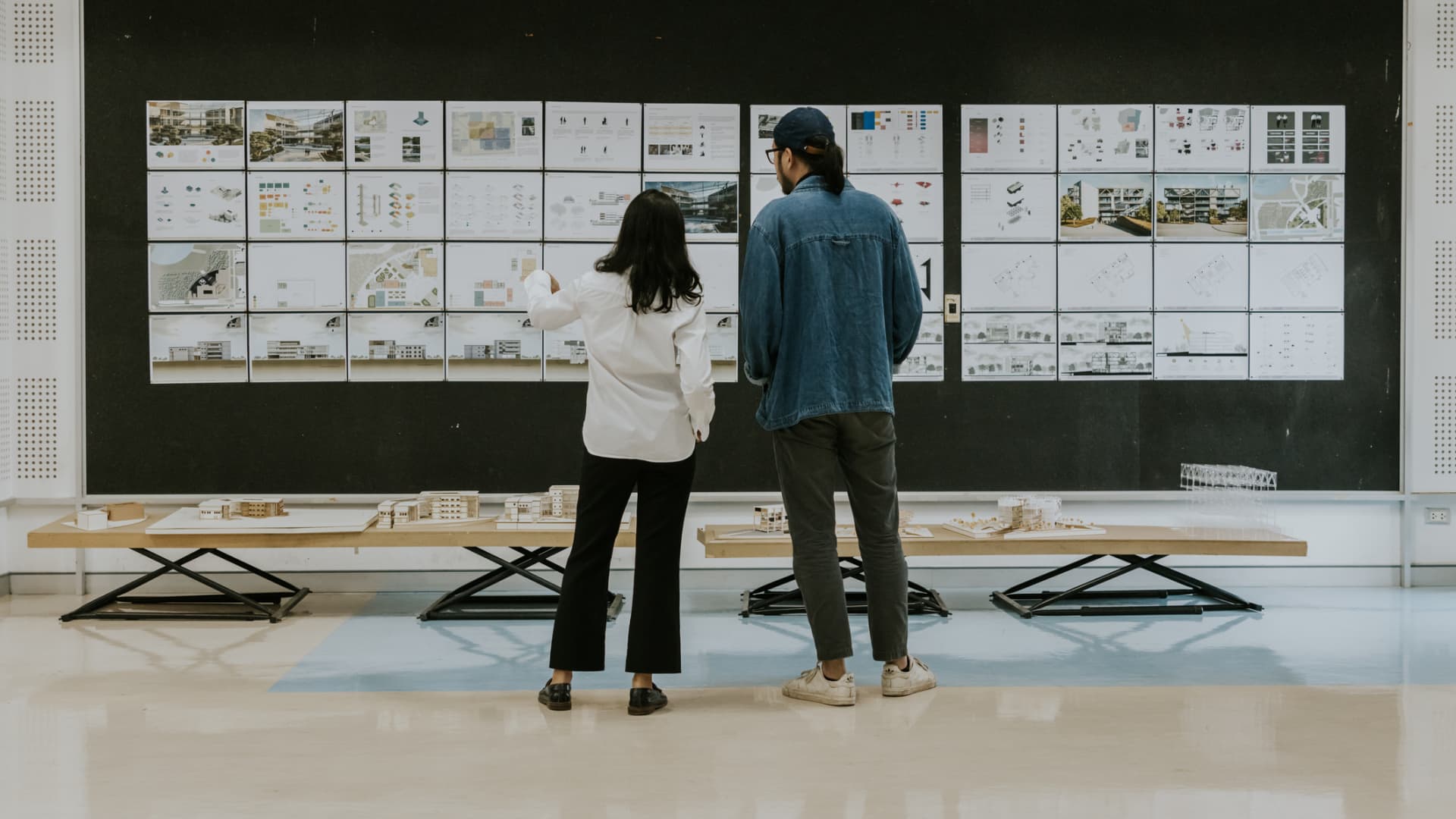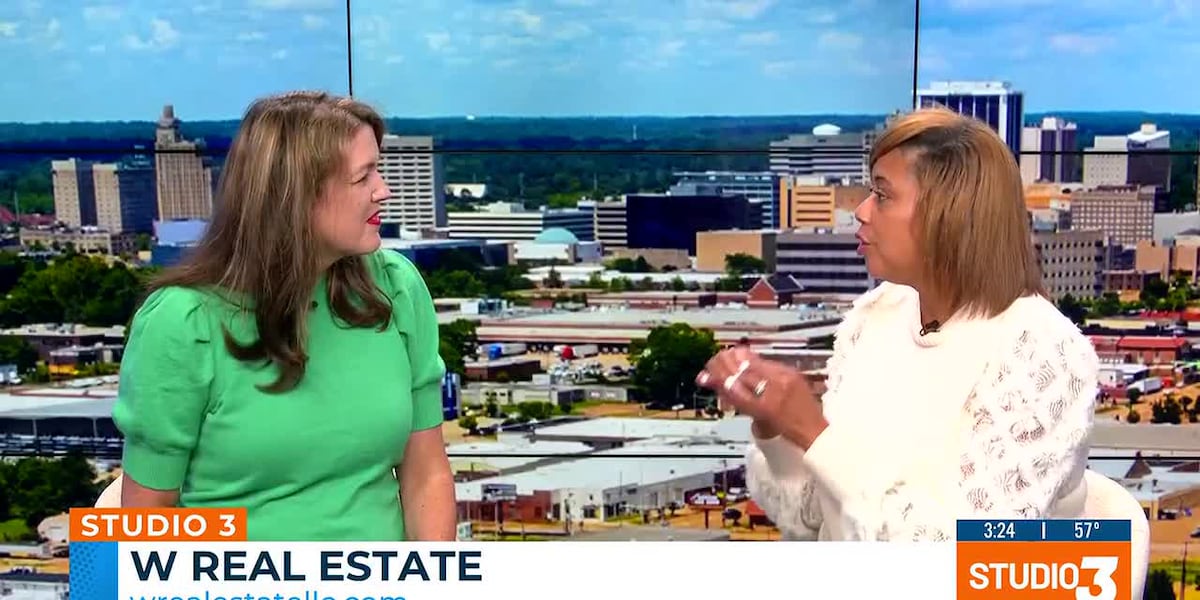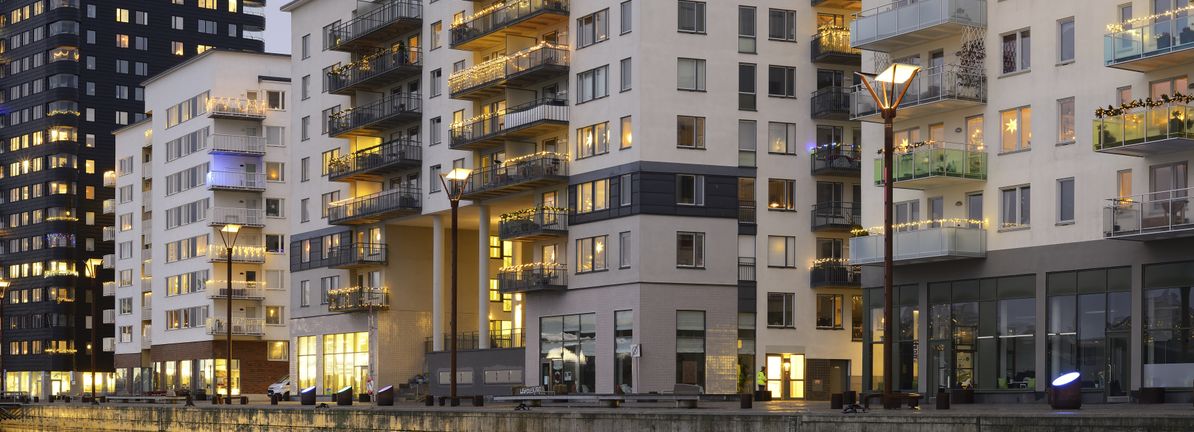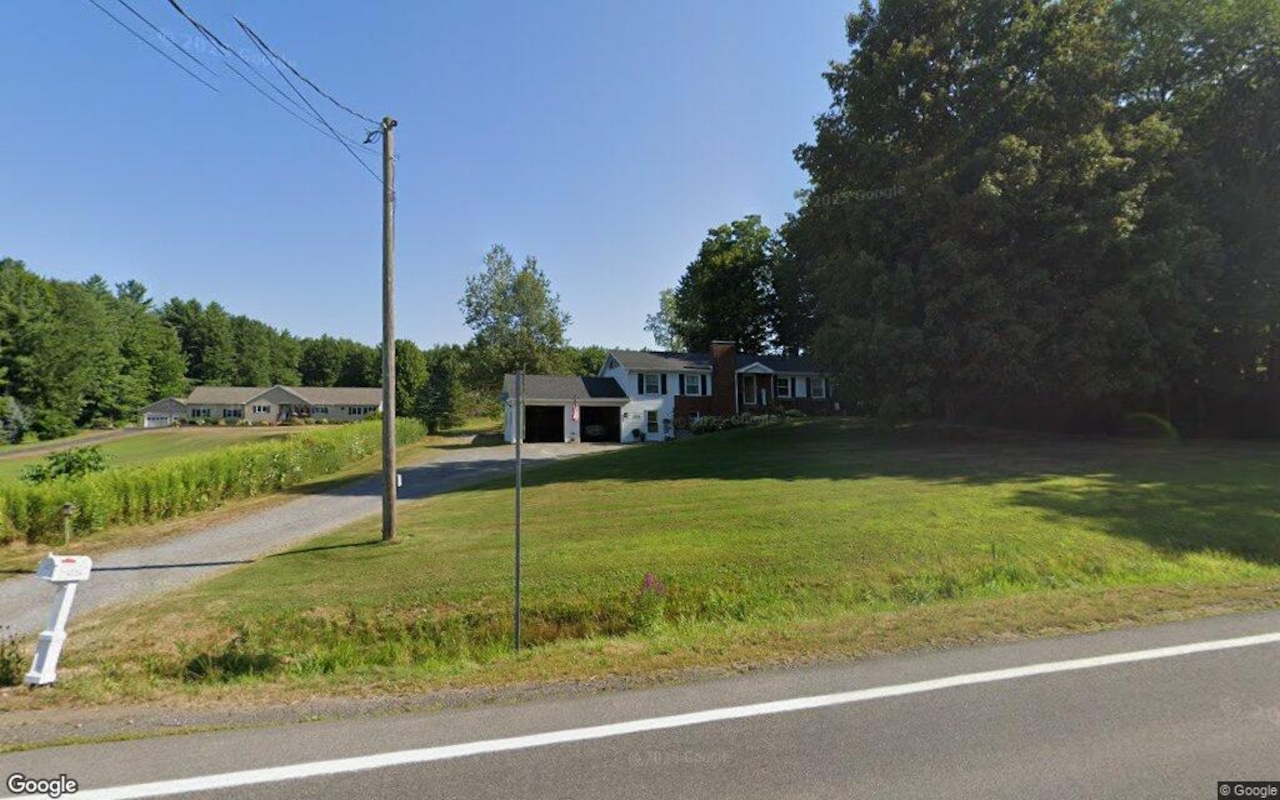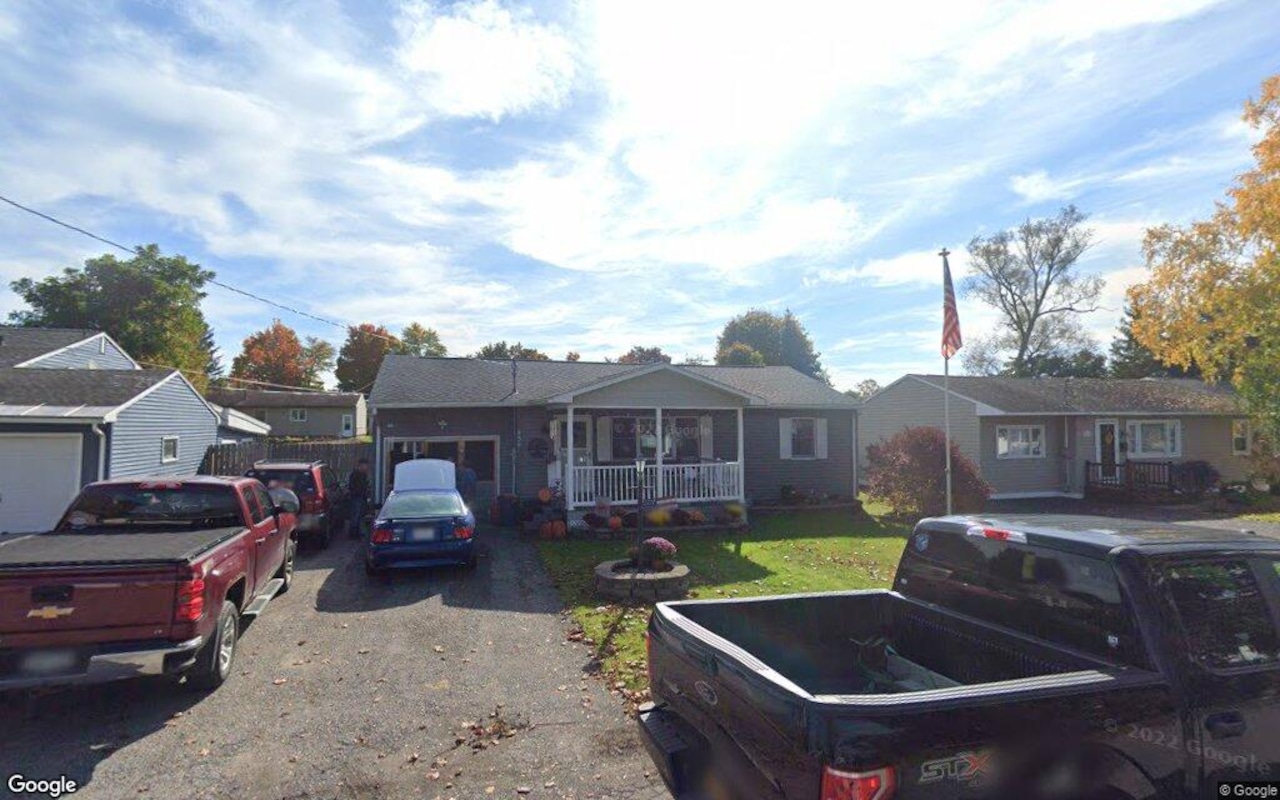A
rchitecture firms are reporting a decline in billings due to concerns about the economy and tariffs impacting commercial real estate development. The AIA/Deltek Architecture Billings Index (ABI) remained negative in June, with a score of 46.8, down from 47.2 in May. This indicates soft business conditions nationwide, except for a slight increase in the South.
According to Kermit Baker, chief economist at the American Institute of Architects, while all specializations experienced softer billings, commercial/industrial and institutional firms saw a slower decline. Multifamily firms faced the weakest conditions, with further declines.
One positive sign is an increase in inquiries into new projects for the second consecutive month, growing at the strongest pace since last fall. However, these inquiries do not necessarily translate to actual projects, and the value of newly signed design contracts fell for the 16th straight month.
The AIA's midyear forecast remains largely unchanged from the beginning of the year, despite a pessimistic outlook for spending entering the year. The organization forecasts that overall nonresidential building spending will increase only 1.7% this year and grow modestly to 2% next year. Spending on manufacturing facilities is expected to decline 2% this year and an additional 2.6% next year.
Uncertainty in tariff policy is also affecting the architect, engineer, and construction services industry, creating questions about product costs, availability, and supply chain disruptions. This uncertainty may impact planned projects and slow down economic growth.
